01730 622544
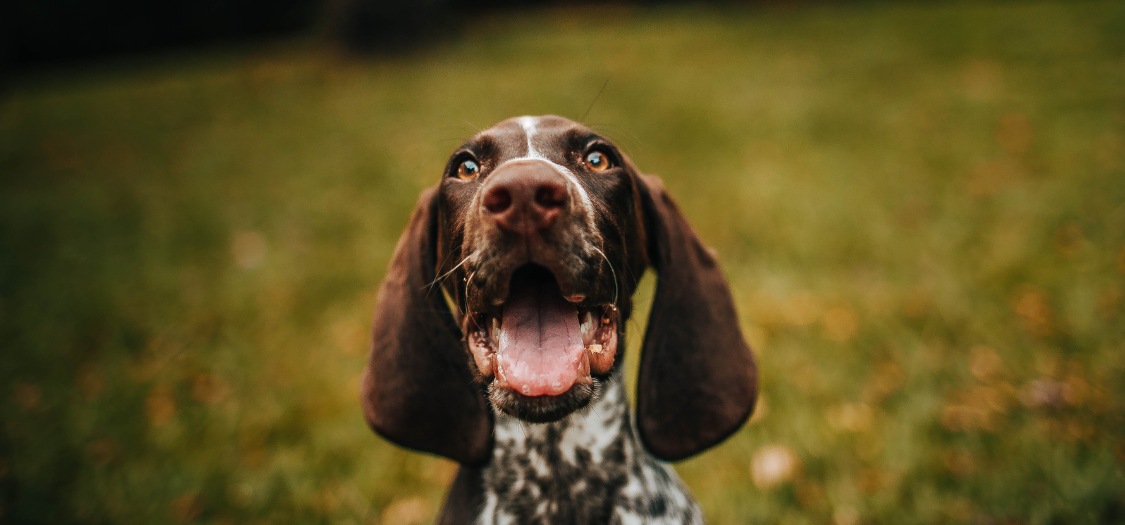
I Think My Dog Has IVDD. What Should I Do?
If you think that your dog has IVDD you need to treat it as a medical emergency and get your dog to the vet as soon as possible. Severe dog IVDD needs to be treated urgently. In some cases, every hour that passes, can affect whether or not a dog ends up paralysed.
IVDD symptoms can include:
- Back pain
- Loss of coordination
- General weakness or paralysis
- Paw knuckling
- Reduced mobility
- Loss of bladder and/or bowels
- Anxious behaviour
Read further about symptoms and early signs of IVDD in dogs here: https://zoomadog.co.uk/collections/dog-ivdd-or-intervertebral-disc-disease
Marianne Dorn’s website gives advice for First Aid for dogs with suspected dog IVDD while waiting to go to the vet:
Confining your dog in a crate or pen is essential. Put in non-slip floor, bedding and water.
If you don’t have a crate available or your dog’s a large breed - close all doors so that your dog is kept in one room only. Cover all slippery flooring with non-slip matting. Put a water bowl where they can reach it. Provide floor level bedding. No jumping on or off sofas/furniture.
Don’t let your dog run anywhere, go up and down stairs, walk over steps (including the doorstep for small breed dogs), walk over slippery flooring, or play with children or other dogs.
Keep outdoor toilet breaks to 5 minutes. Keep your dog on a lead, using a chest harness rather than a neck collar. Once they’ve toileted, bring them straight back in (lifting over steps or slippery flooring).
If your dog tries to rush ahead, use the lead gently to slow them. Or stand very still with them if they’ve lost most of their ability to walk. Don’t pull them to hurry them up.
Don’t give them any pain relief. You must wait until your vet prescribes medication.
Read further about Non-Surgical and Conservative Management IVDD treatments here: https://zoomadog.co.uk/collections/conservative-management-ivdd
Read more about IVDD Causes, Prevention, Early Signs of IVDD in Dogs, and Help at Home: https://zoomadog.co.uk/collections/dog-ivdd-or-intervertebral-disc-disease
Find the best dog Back Braces here: https://zoomadog.co.uk/collections/dog-back-braces
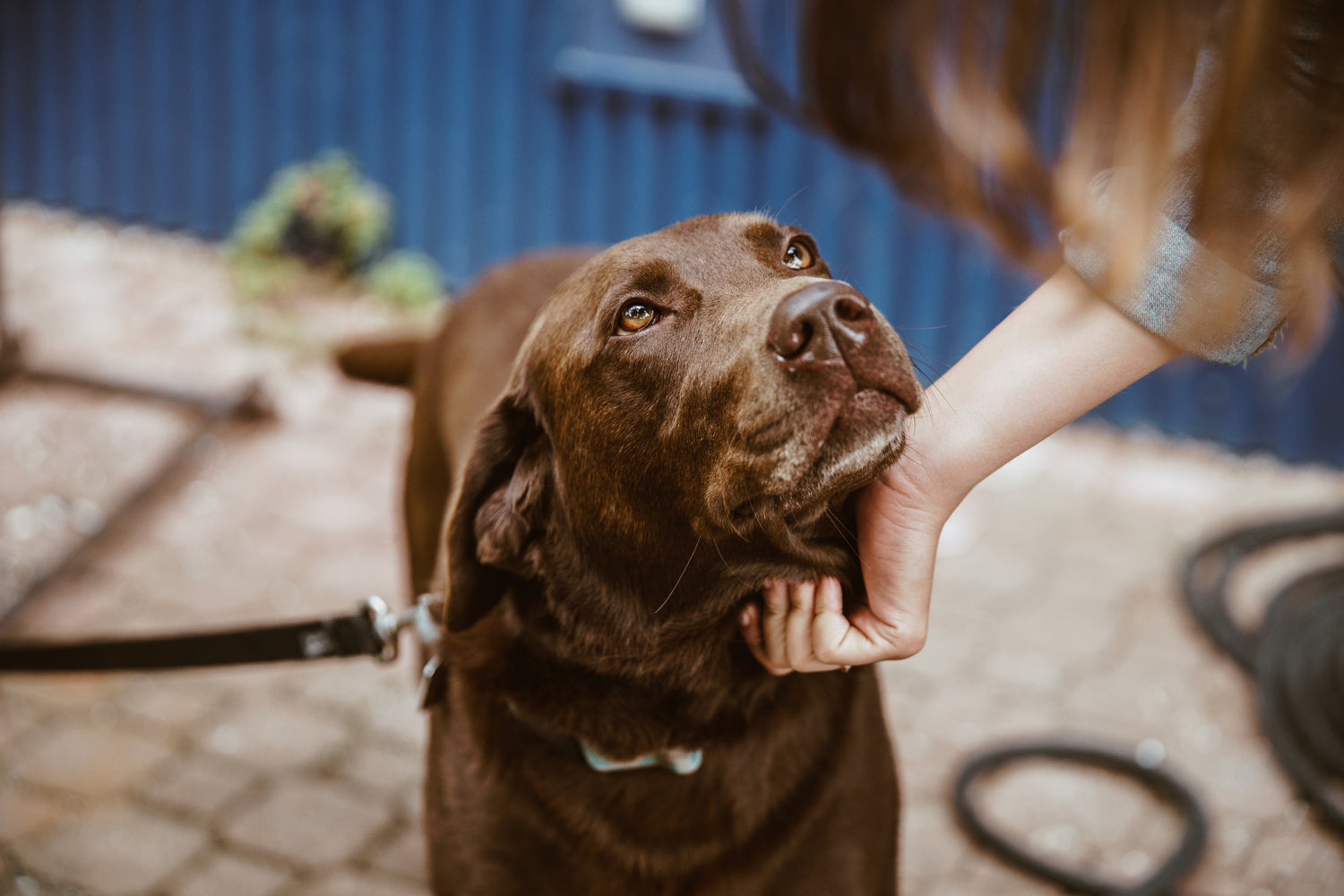
Looking for help with your dog?
We can help find the right solution for your dog
Feel free to give us a call on 01730 622544
or email us at woof@zoomadog.co.uk



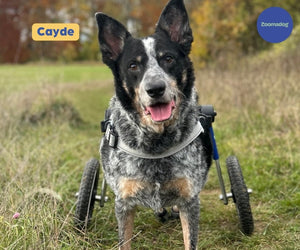
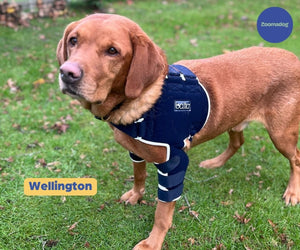
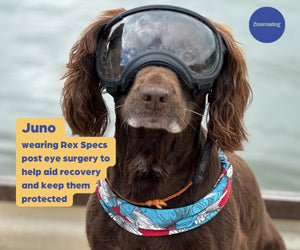

Leave a comment